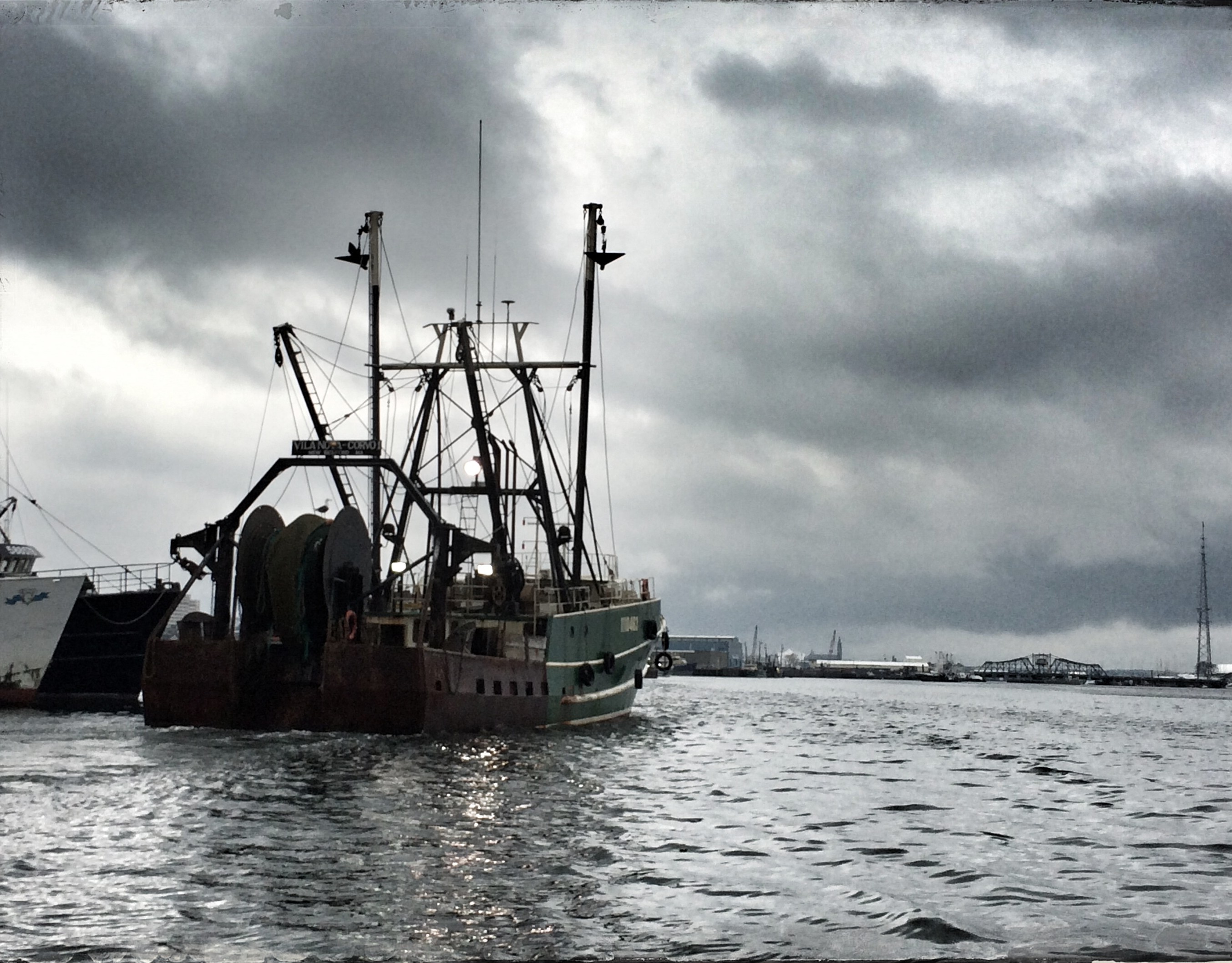A few years ago, Seamen’s Bethel Volunteer Clifford Roderiques remembers the strangest question he ever got from a tourist: “When do they stop the tape?”
“I said, ‘What tape are you talking about?’ And he said, ‘The tape of the sea gulls, it’s getting annoying,'” Roderiques recalled Friday. “I said to him ‘Turn around, that’s no tape.'”
The gulls were lined up along the Whaling Museum’s roof.
Sea gulls are a unique urban annoyance for those living in New Bedford. While many cities have to contend with pigeons, the Whaling City also must deal with the gulls, which are larger and louder.
Some, like Roderiques, say they don’t mind the white and grey birds, adding they think it adds to the city’s authenticity as a working port. Others say the birds are “flying rats,” squawking loudly and stealing food.
How you feel about the birds may just depend on whether they have defecated on you or something you own.
Take Sue Gonsalves, for example, who works at the New Bedford Merchant.
She said she doesn’t have a problem with the gulls and considers them “part of coastal life.”
“If you’re an outdoor person you shouldn’t have a problem with them,” she said. “Then again, if they dumped on my car all the time maybe I’d feel differently.”
Amy Moss said she hates the birds for that exact reason.
“Of course I don’t like them. I got pooped on,” she said.
Moss works at the convenience store across from the Pleasant Street Bus Station. She said sea gull-droppings are the reason she has to wash her car “at least once a week.”
“When I go up to the garage, it’s feces all over,” she said.
Bird droppings are not the only annoying part about the bird.
Michele Fisher, who said she is homeless, said the birds often steal the food she gets off the soup kitchen trucks. A sea gull even bit her once.
“I thought OK, maybe if I feed them some they’ll leave me the rest, but it doesn’t work,” she said. “Don’t get me wrong, I like birds, but the sea gulls I can’t stand.”
Read more of this article at: http://www.southcoasttoday.com/apps/pbcs.dll/article?AID=/20140901/NEWS/409010351/1011/TOWN10


